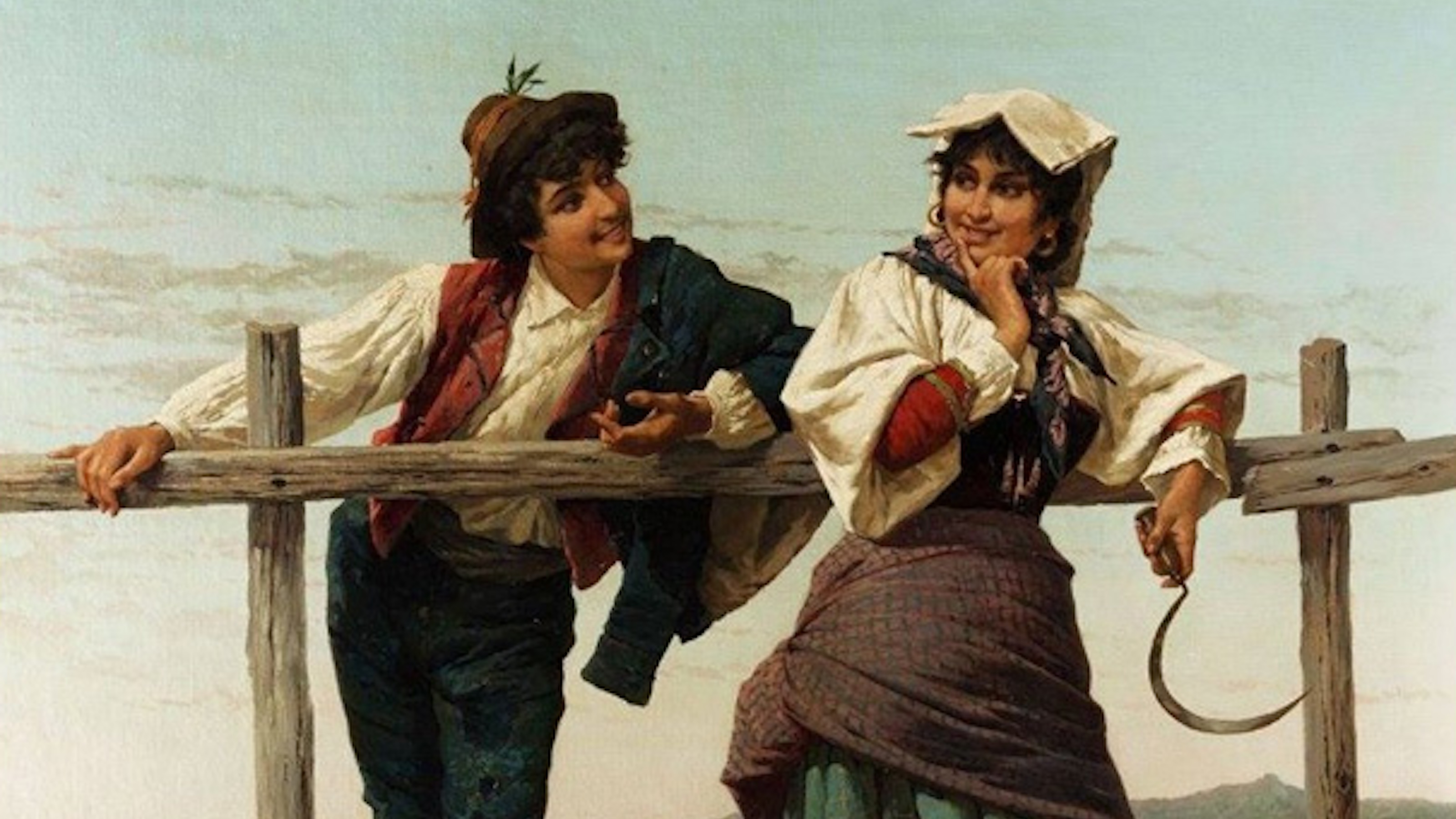What is the relationship between composition and improvisation in jazz? Grammy Award winner Maria Schneider explains.
Question: What’s the relationship between composition and improvisation in jazz?
rnMaria Schneider: I think that's one of the hardest things I do, because what I'm looking for in a piece of music, is inevitably. I want, when somebody hears a piece, to feel like it takes them to all these places, even surprising places, but that the surprises feel inevitable. But at the same time, if you're including improvisation, there's this huge, unknown factor. So the question is, "How do I create inevitability when I'm giving somebody all this freedom and how do I have all this freedom yet somehow keep control on the thing?" And I will tell you, I love writing for improvisers because the feeling I have when I make music, and now I've started to do some classical music, so I've been able to compare the world, and one thing I love about having improvisation is at the end of a performance, the performance belongs to all of us. I mean, the rhythm section, even though they have in their parts what the harmony is and the basic rhythm and the outline, there's a lot of room for them putting their own ideas and playing it differently every night. And then the soloist can go somewhere and even the ensemble makes decisions about what volumes to come behind people, you know, when they join behind the soloist, sometimes the solo section gets really strong, sometimes they go to some really like soft, sort of ethereal place and then everybody behind them puts a different attitude behind the written music.
rnSo, you know, I love the idea that the music in the end is where, you know, you and I meet and this is what we create as opposed to, I put a piece of music out there and I say to all the musicians, "Okay, I want you to play loud here every time, I want you to do this every time, I want it to be just how I want." And at the end of the performance, the feeling is, "Okay, we played our music well." You know? Which is a wonderful thing, you know, but it feels lonely to me. I did something with Don Upshaw in the St. Paul Chamber Orchestra, it was my first orchestral work and we did several performances and I felt a little lonely or guilty. I think I felt guilty that at the end of the night, you know, everybody was just trying to play the music right, but I didn't feel like the music was giving each of them a chance to do something that was uniquely their own. So that's where the improvisation comes into the composition and being a jazz composer, seems a little bit like an oxymoron to say that it doesn't really makes sense. But there is a meeting place that makes something really rich, if it's done right.
Recorded on December 11, 2009
Interviewed by Austin Allen





